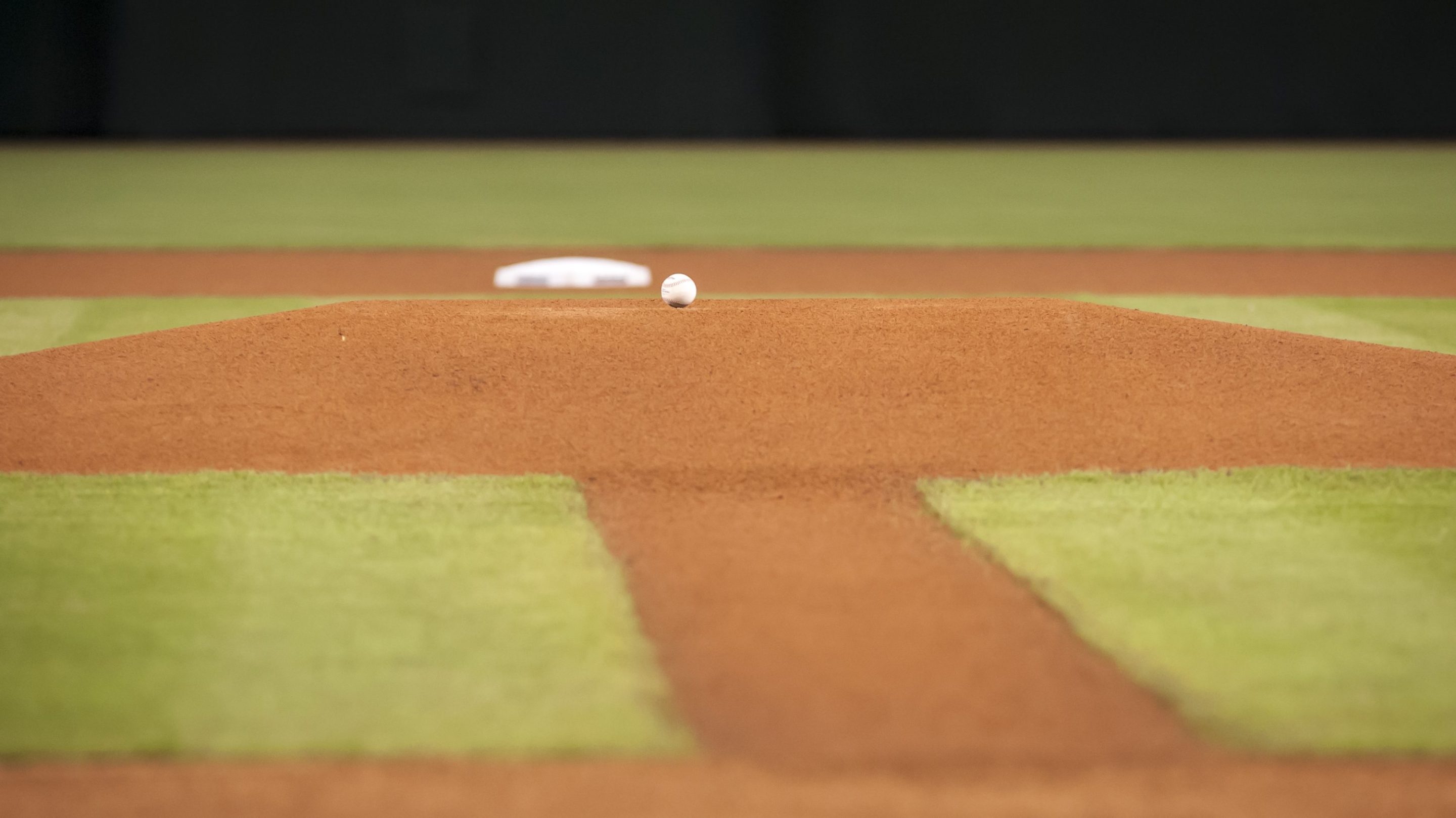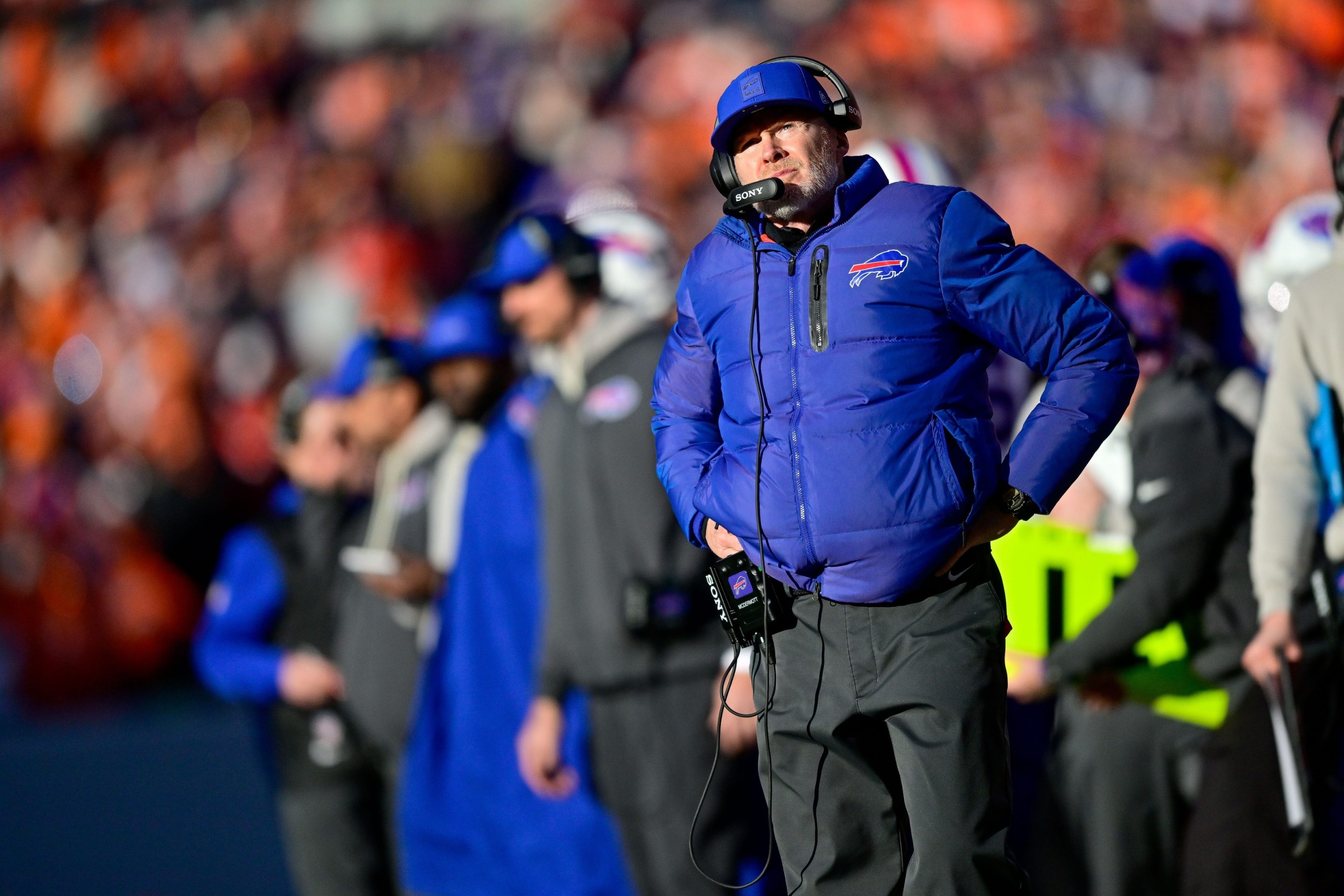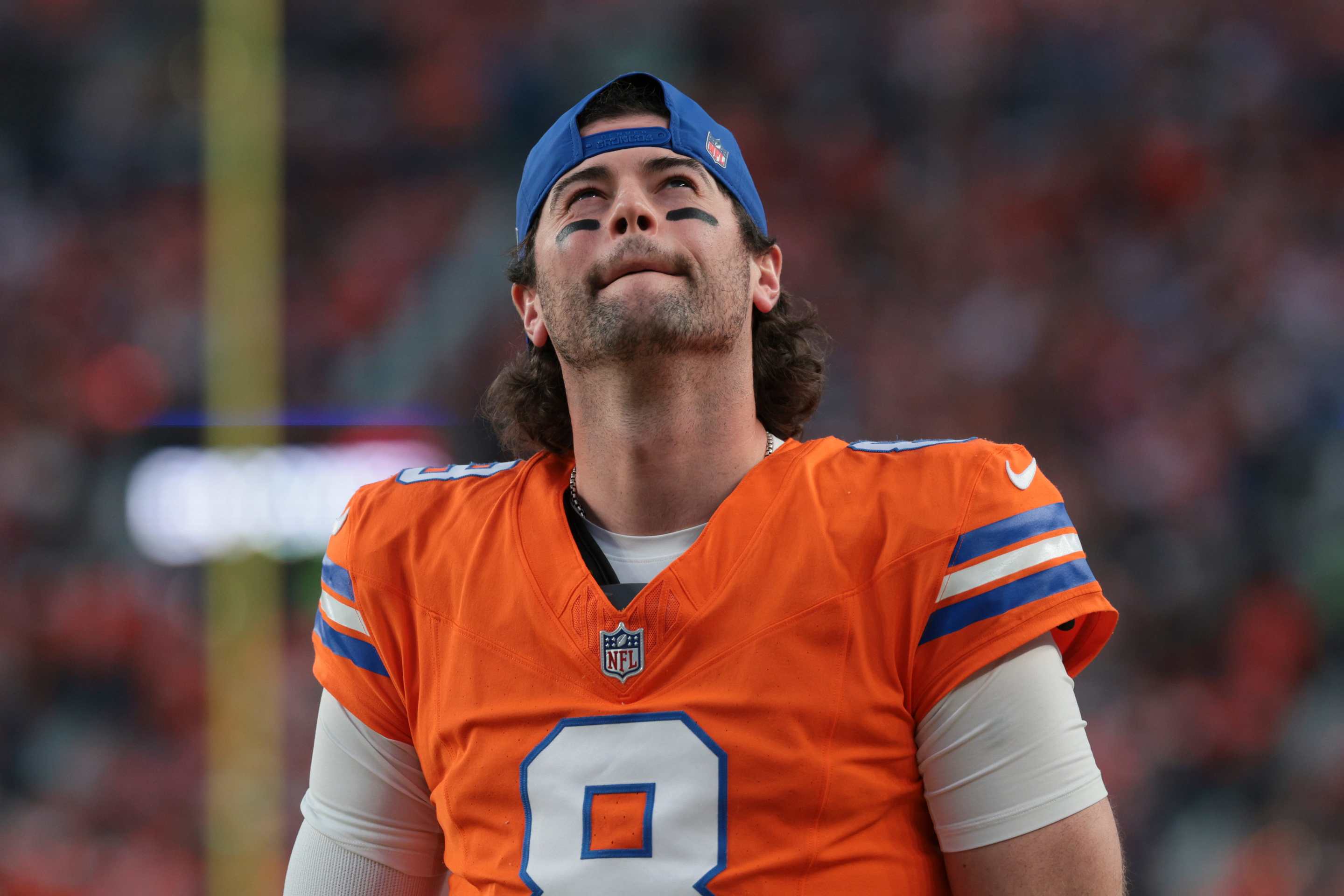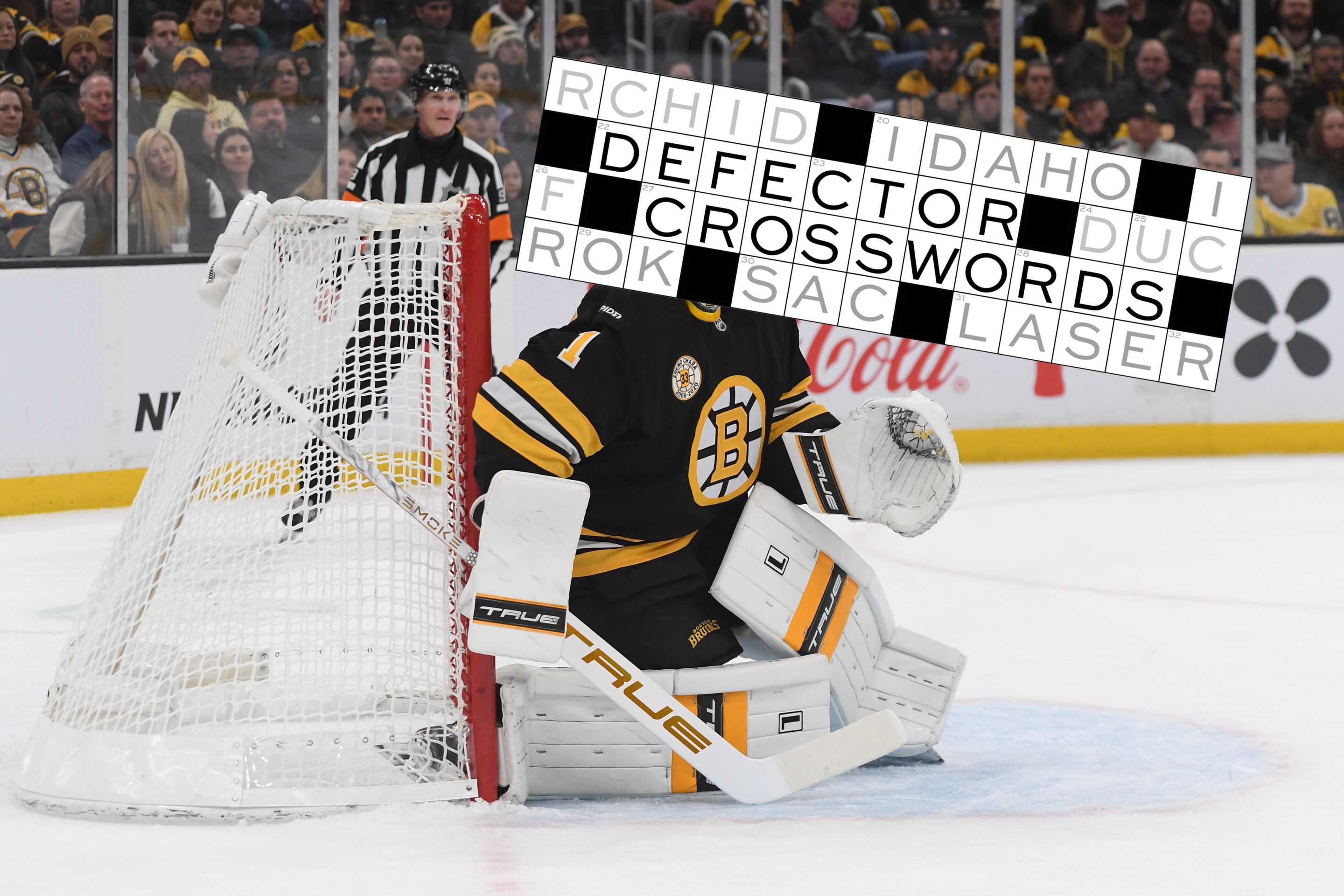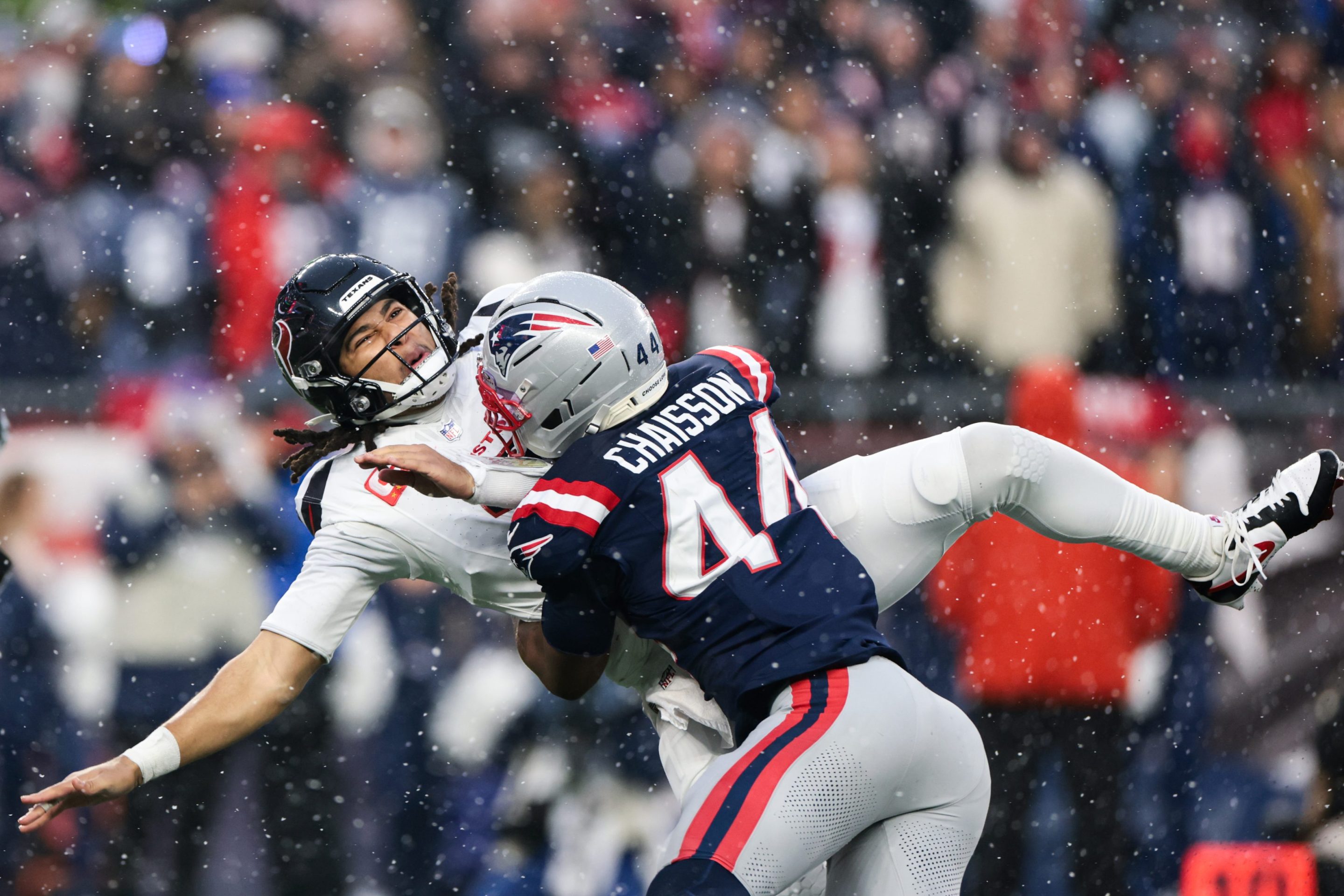On Wednesday, the Athletic published a long feature about Alexis Blackburn and the physical and emotional abuse she said was inflicted on her by her ex-boyfriend, former Minnesota Twins pitcher Sam Dyson. The story, by Katie Strang and Ken Rosenthal with reporting from Britt Ghiroli, is a tough read but well worth your time. In it, Blackburn details physical violence, how Dyson cut her off from her friends and tried to control her, fearing for her own safety, and how Dyson held her belongings hostage when she tried to leave. The report also shows the times that Blackburn did go to law enforcement and how the authorities, each time, said they could not help her. Blackburn even explains why she initially told her story not on her own personal Instagram account but that of her cat, Snuckles: because she knew her cat's endangerment was more likely to be taken seriously than her own.
(Dyson told Jupiter police "I can't remember" when asked if he had touched or grabbed Blackburn, according to the report. The same interview ended with an officer telling Dyson to "get back to your workout, bud!" Dyson's agent did not respond to the Athletic's request for comment.)
Later in the story, the focus shifts to how MLB's domestic violence policy is faring. Like other professional sports leagues, MLB crafted a domestic violence policy in 2015 after the Ray Rice scandal became a national story. The Athletic said its reporters spoke with six women "within the MLB community." They were told that "most felt that any information that was made available was nominal, and inconvenient or difficult to access. At least two others felt that those resources were not widely known." The report went on to add this:
One woman pointed out that materials and numbers to call are generally disseminated to players at the beginning of spring training, which by default designates them as the point of contact should a spouse or partner need help. But if that spouse or partner is the problem, that creates an obstruction in seeking help. And considering isolation is often a tactic of control in abusive relationships, a spouse or partner may not have access to others who can guide them to the appropriate resources.“I definitely think there is a hurdle in that aspect, for sure,” said the woman, who assisted Blackburn in seeking help.Said Blackburn: “I went from Miami to Texas to San Francisco to Minnesota and never realized there were sanctioned people for each team to reach out to.”
The article also quotes Melisa Reidy, who said she was abused by her ex-husband, former MLB and current Kiwoom Heroes infielder Addison Russell. When asked if she saw anything telling her how to get help, she told the Athletic, "Nope. Never saw one.”
Blackburn did get help, eventually, from MLB. She told the Athletic that a wife of one of Dyson's former Giants teammates reached out to her and told her to contact MLB security, and another person, who married an MLB team employee, helped her get resources through the Baseball Assistance Team, a nonprofit organization meant to help people in the baseball community in need. Blackburn said the financial aid she got from BAT was helpful, but she could have gotten it so much earlier if she had known it was there.
Blackburn's story ends in the Athletic the way people hope stories about intimate-partner violence would end. She got out. She said she's healthier now and feeling stronger. She's working and building a small home for herself. Snuckles the cat is still right by her side.
Things are far murkier for MLB's domestic violence policy, which makes it no different than every other pro sports league. Sure, these policies are improvement over the days when leagues wrote off intimate-partner violence as an "off-the-field issue." What these policies excel at, though, is is making fans and even sportswriters feel good about what they do and how they spend their time. Surely, MLB is good if it has a policy. Hooray! This will be handled! Let's all cheer for the suspension! Now let's get back to sports!
But how effective they are at actually helping partners in need remains muddled at best. Draconian punishments haven't been shown to change abusive behavior. There is now evidence of multiple women saying they had no idea they could get help from MLB or, if they did know, they very reasonably doubted the resources being offered through their abuser's employer. And these policies do not, because they cannot, address the fundamental power imbalance that an MLB career creates. It's not easy being in a relationship with a professional baseball player. They work a lot, they travel a lot, they can be traded to a team across the country without any say in the matter and, because of the work demands and the high salary, the player is going to automatically be the breadwinner while his partner very likely will focus on their home. One reason people often stay in abusive relationships is because they are financially dependent on the abuser, and it's a dynamic that MLB can't help but create.
There's nothing easy or obvious MLB can do about this because you can't ask MLB to fix centuries of economic oppression. It's just a sports league. I know that's a wildly unfulfilling answer, and that's not the answer I'm supposed to give right now. October is domestic violence awareness month. Like with all such awareness months, there's good and bad about this. The good part is it puts intimate-partner violence in the news and the popular culture for a month and gets people talking about it. The bad part is the same bad part with all awareness months; they can't help but feel like a glossing-over: here is your month, please be happy with it and its colored ribbons, excessive positivity, and clichéd talking points.
But lately I've been thinking a lot about some of the radical work happening to help stop intimate-partner violence, like FreeFrom, which is working to address the link between abuse and financial insecurity while helping people in dangerous relationships get the financial aid they need. In a better world, groups like FreeFrom would be everywhere, and everyone would know about them and be able to get help from them. There would be well-resourced programs across the country to help people who have abused a partner break the cycle of violence, change their behavior, and they would be available to everyone, including baseball players. And we'd all laugh at the idea of MLB doing anything because MLB's response wouldn't be necessary. It's not a reality that will be here tomorrow, and that's OK. Doing the work and getting it right always takes time.
If you or someone you know needs help, the National Domestic Violence Hotline is available 24/7 at 1-800-799-7233 or by visiting thehotline.org.
